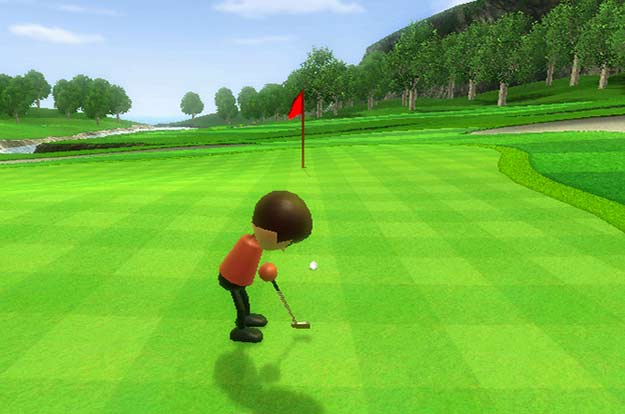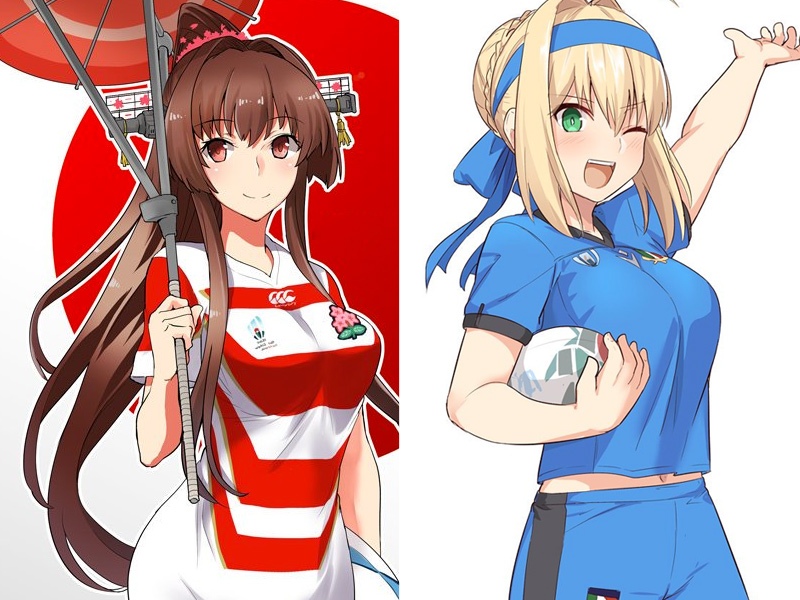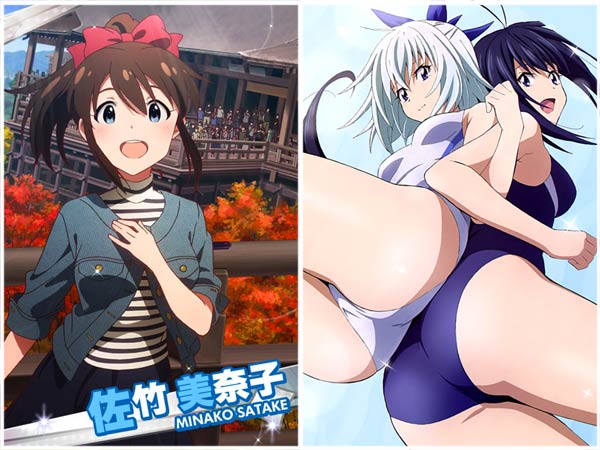In the Japanese version of Wii Sports Golf, a player who gets his ball onto the green is rewarded with a voice that says, “Nice on!” which of course means “That was a very good drive that resulted in getting your ball on the green!” It’s an example of the “reduced English” that’s used so often in Japan to communicate the most meaning in the simplest language possible. It’s really quite logical — when a woman is pregnant you might say she’s “baby in,” while it’s natural to think of a male salaried employee is a “salaryman.” Instead of taking a recreational vehicle camping, just rent a “camp car” instead, and when you take a shower reach for the “rinse in shampoo” (that is, shampoo with cream rinse in it, or conditioning shampoo). Within the context of the Japanese using English within their own society, the shorter and more direct the phrases can become, the better, since all those extra English words can really make a person’s head hurt. I get so used to seeing shortened or simplified English around me that properly formed language stands out. At Japanese hot springs, the usual notice about customers with tattoos not being allowed to enter the bath (because of yakuza) is usually limited to “NO TATTOO.” However, at one bath near us the notice says, “Please understand that we cannot accept customers with tattoos.” I was really impressed with how politely they had worded that.















